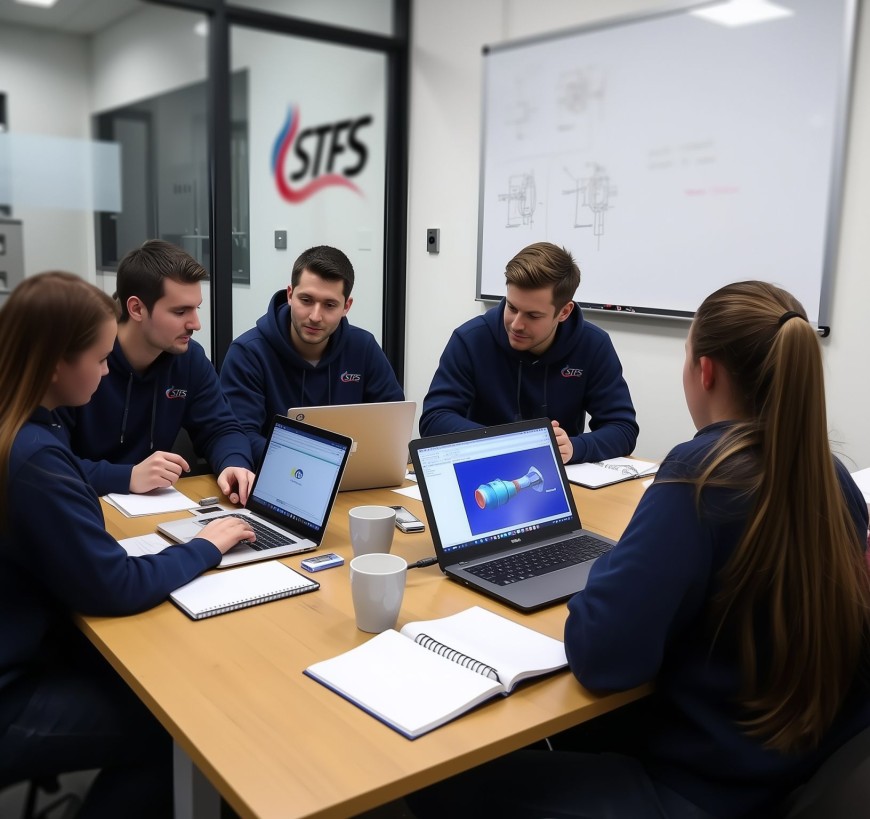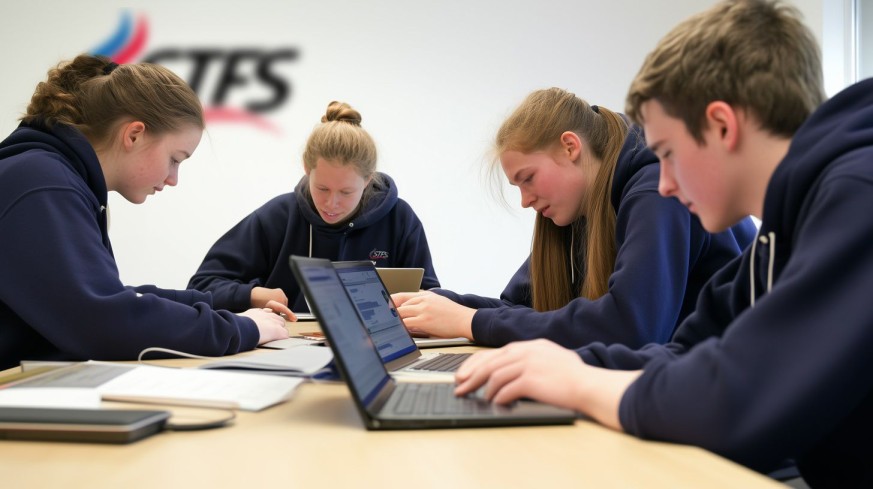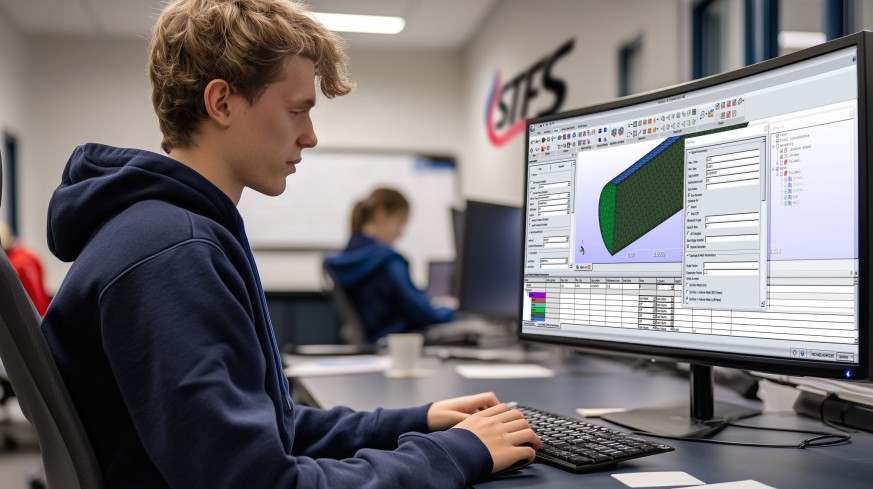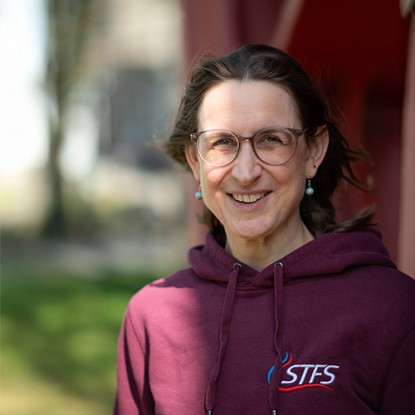Code Quality Week(s) – Spring Cleaning for Sustainable Scientific Software
Code Refactoring
24.03.2025
Besides the daily research grind, we regularly set aside dedicated time – our Code Quality Weeks – to step back from writing papers or running new simulations and instead focus on cleaning up and improving our scientific software.
Besides the daily research grind, we regularly set aside dedicated time – our Code Quality Weeks – to step back from writing papers or running new simulations and instead focus on cleaning up and improving our scientific software.
Like a proper spring cleaning, this means: polishing existing structures, removing outdated or broken components, and building new, sustainable features where needed.
This year, we made major progress on OpenFOAM and PRECISE-UNS. As one example for OpenFOAM, we have unified the codebase for both spray, biomass, and iron powder flames. Same framework – different physics. This is not just a technical improvement, but a structural one that increases flexibility, maintainability, and scientific rigor.
Why this matters: In science, traceability and reproducibility of simulation results are still too often undervalued. But they are essential. For us, this means that our software for reactive flow simulations is:
- developed transparently using CI/CD practices
- regularly maintained and refactored
- and designed for long-term sustainability – not just short-term results.
Practices well established in professional software engineering are still catching on in science, where simulation outcomes often matter more than the tools used to obtain them. But if we want robust, reliable results, we must treat code as a scientific asset.
Everybody discusses Research Data Management (RDM) and the FAIR principles. Keep in mind: Software is also data. And it deserves the same care and attention as experiments, publications, or measurement data – especially for the next generation of PhD researchers who will build on today’s tools.
Kudos to Max Schneider, Roberto Lange, Pascal Steffens, Philipp Koob, Hendrik Nicolai (and many more) for the organization (Images in this post are AI-generated, based on real snapshots from our code quality efforts.)







